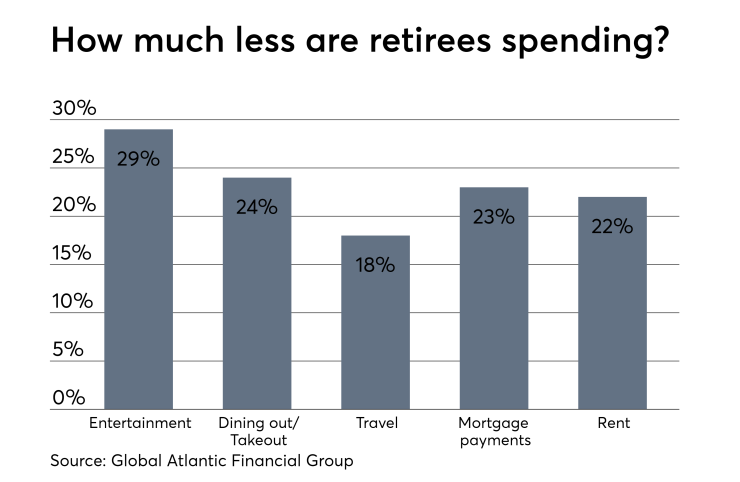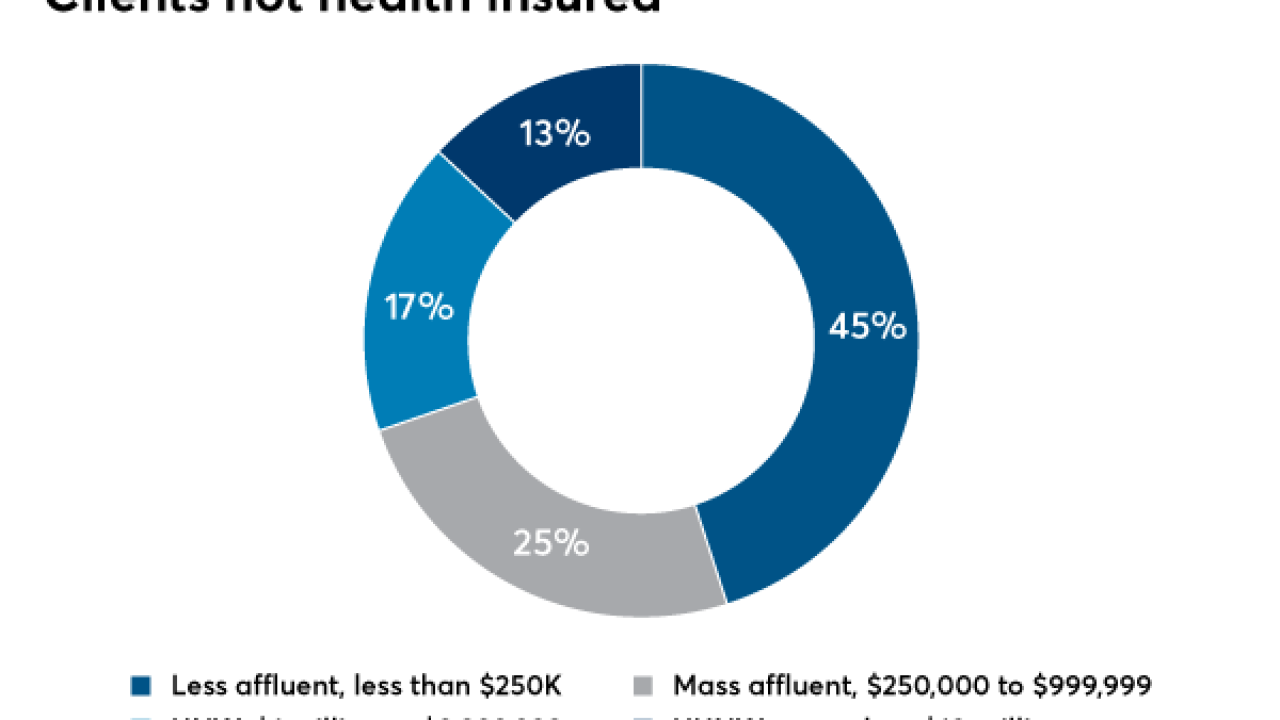Welcome to Retirement Scan, our daily roundup of retirement news your clients may be talking about.
As retirees are left on their own to decide the amount of withdrawals they should take from their 401(k)s and IRAs, they face the risk of spending their savings too quickly or too conservatively, writes Alicia H. Munnell, director of Boston College Center for Retirement Research, in MarketWatch. A new study has found that retirees are reluctant to take distributions from their retirement accounts and are forced only because of the IRS’ RMD rules, she writes. “Retirees need some vehicle for drawing down their balances in an orderly fashion.”

Clients are advised to adjust their retirement plan after a divorce, according to this article in U.S. News & World Report. They are advised to have a Qualified Domestic Relations Order, understand their Social Security spousal benefits and create an inventory of investments and assets. They also need to start building their own personal savings and make any necessary lifestyle changes to begin assessing any needed adjustments to their retirement plan, according to the article.
Clients who want to avoid outliving their retirement savings are advised to use the 4% rule when tapping into their portfolio, according to this CNBC article. They should also consider adopting the dynamic spending strategy and the bucket method. Another approach is to use the IRS’ RMD tables for retirement plans to create a sustainable withdrawal strategy.
Financial literacy is a problem for a wide range of clients, plus other findings unearthed in Financial Planning’s new survey.
Retirement savers should avoid overestimating the amount of savings they hold in a traditional 401(k), a Forbes contributor writes. That’s because 401(k) contributions are made on a pretax basis, which means distributions in retirement are subject to income taxes, according to the expert. Distributions are also subject to a 10% penalty if the funds are withdrawn before the age of 59.






